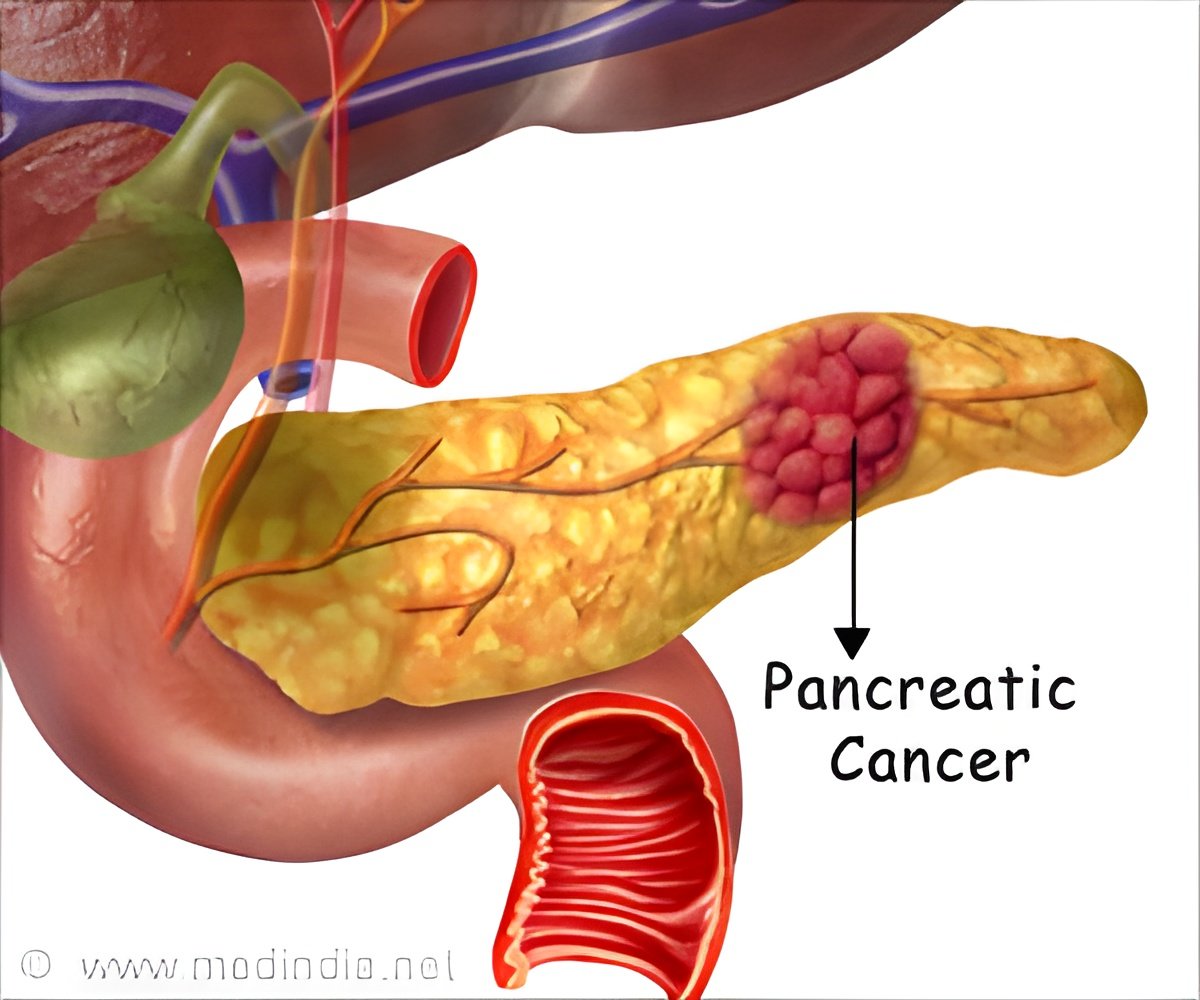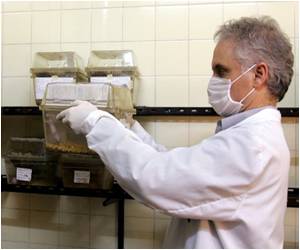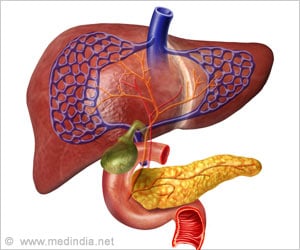New therapy for pancreatic ductal adenocarcinoma uses modified salmonella bacteria to target tumor that are highly resistant to other forms of cancer treatment.

Researchers said that an engineered Salmonella bacterium is expected to be the exception. The therapy is able to home in on tumors and trigger an extremely effective tumor-killing response.
The study carried out on laboratory mice found that the new therapy frequently triggered the complete regression of pancreatic tumors and significantly extended survival.
Lead researcher Don J Diamond, Department of Experimental Therapeutics at City of Hope, said, “The results were, in a word, remarkable. This method has the potential to treat a variety of cancers that share similar features to pancreatic ductal adenocarcinoma, currently one of the most difficult-to-treat cancers and one for which we desperately need better options.”
Bacteria-based therapies have been sed for decades to treat cancer, but the success of such therapies has been limited by many tumor defenses.
To crack those defenses, researchers engineered the bacteria Salmonella typhimurium to carry a DNA that targets a molecule known as IDO, which camouflages cancer cells and prevents the immune system from recognizing and killing the tumor.
Advertisement
The study is published in the Journal Cancer Immunology Research from the American Association for Cancer Research.
Advertisement















